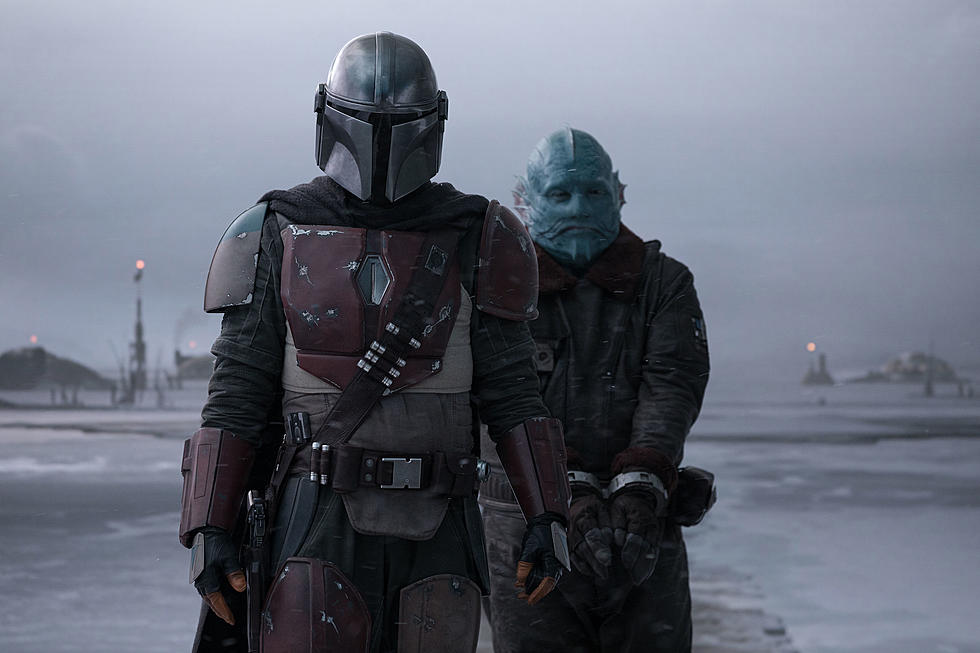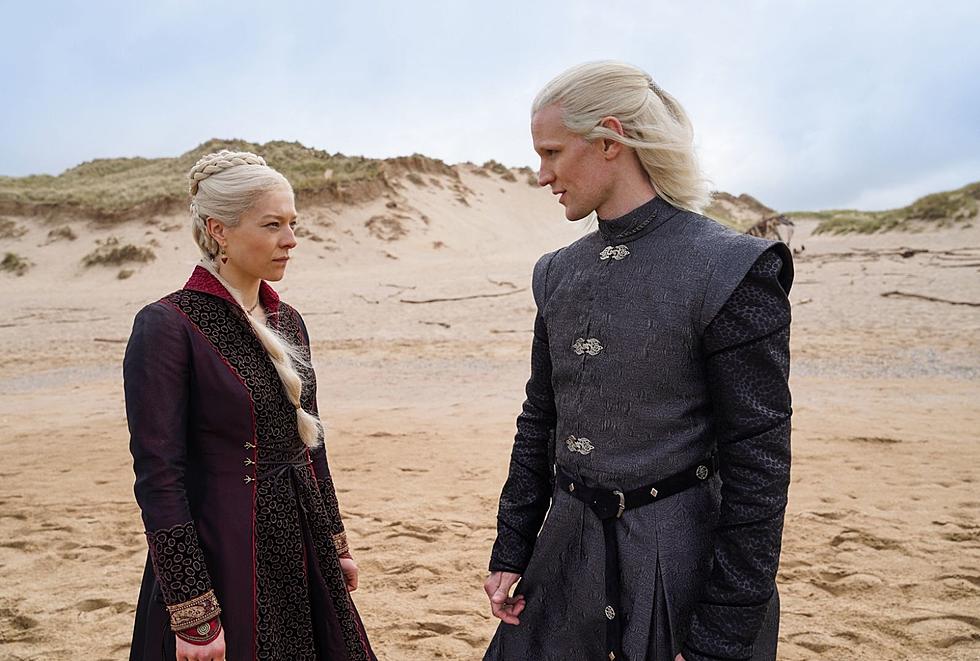
‘Fan’ Is Becoming a Four-Letter Word
I was recently talking with someone and the conversation happened to turn to the topic of professional wrestling. “Oh, you’re a wrestling fan?” this person asked.
I paused, not quite knowing what to say. It’s not that I was embarrassed to like professional wrestling; I’m not. (Are you watching the Best of the Super Juniors? It’s been great so far this year. That Shingo Takagi versus Sho match was spectacular.) I just didn’t want to be called a “fan” of anything. And the moment I realized that took me by surprise.
For basically my whole life, I defined myself by my various fandom. I subscribed to the theory set forth by John Cusack’s character in High Fidelity that “what really matters is what you like, not what you are like.” But more and more lately, fan feels like a four-letter word. And I don’t want to be associated with it.
I didn’t used to want to be associated with fandom either. When I was in middle and high school, the worst thing you could be was a die-hard fan of something dorky like Star Trek or action figures. If bullies caught wind of a personal hobby they didn’t approve of, you could be (and I was) subjected to regular book checks and the occasional slam into a wall of lockers. I spent most of my high school years hiding my love of comic books from everyone around me. Every weekend I’d visit my local store, buy a bunch of comics, and then come home and read them all afternoon. But I never brought them to school. I never talked about them with my classmates. In junior year, a new kid moved to town and he brought a Batman book to school. When he took it out of his bag before class, I literally said to him “Put that away, you don’t want to be seen with that.”
Things began to shift around the turn of the century, as comics became in-demand source material for movies — and then those movies became the biggest blockbusters in the world. When people found out I liked comics, they came to me with questions (and not questions like “Where do you want me to punch you dweeb, the stomach or the throat?”). Walmart started selling Wolverine T-shirts. If being a fan didn’t necessarily become cool, it at least stopped being embarrassing.
Not anymore. The negativity around the word fandom is something that’s been growing steadily over time, but it seems to have exploded in recent months. Some Marvel “fans” intentionally bombed the audience score of Captain Marvel on Rotten Tomatoes because it starred a woman. Following similar incidents with other “fan”-centric movies, the site had to change the way they scored audiences’ opinions of movies.
Meanwhile, Game of Thrones “fans” — hundreds of thousands of them — are signing a petition to have the final season reshot because they didn’t agree with the decisions of some of the characters. And on a more personal level, a few weeks ago a “fan” compared me to a concentration camp guard because I gave Detective Pikachu a mixed review in which I said the film should be nominated for an Academy Award. (The person later relented, and said concentration camp guard was too strong an insult; internment camp guard was more appropriate to my actions.)
This week also marks the anniversary of a crucial turning point in the evolution of fandom. 20 years ago this Sunday, Star Wars: Episode I — The Phantom Menace opened in theaters. After 15 years of hoping and waiting, George Lucas finally unveiled the first new Star Wars film since Return of the Jedi on May 19, 1999.
The movie was preceded by months of hype and anticipation. Fans paid to see terrible movies like Wing Commander in theaters just so they could watch the Phantom Menace trailer. (This was back in the Dark Ages, when it took about fourteen days and enormous luck to download a video file from the internet.) Then the movie arrived.
And the reaction was ... ecstatic.
While The Phantom Menace eventually became an enormous punchline, the initial reaction to the movie was overwhelmingly positive. Even the parts that are almost uniformly hated now, like the depiction of the future Darth Vader as an adorable moppet, got rave reviews. (Watch 1:40 at the clip above and prepare to enter an alternate dimension where people just can’t get enough of Lil’ Ani.)
It will take someone with a better understanding of human psychology to explain why so many people convinced themselves they loved The Phantom Menace and how they changed their minds. But they did. They wrote book-length diatribes and compiled feature-length YouTube reviews dissecting every questionable creative choice. They recut versions of the movie without Jar Jar Binks and other controversial portions of the film. The expression had always been “everyone’s a critic.” Thanks to the computer technology, everyone’s a filmmaker now too. And they all seem to know the movies and shows they’re fans of better than the people who actually produce them.
For years, I’ve said no one hates Star Wars as much as a Star Wars fan. Increasingly, that kind of fan rage seems the default stance of every internet fandom. I’m not saying people don’t have the right to criticize a movie they don’t like; they obviously do. (In the case of The Phantom Menace, most of those criticisms are quite valid — it’s not a great movie!) But I am saying the meaning of the word “fan” is changing under our feet. It’s less and less a word used to describe someone who loves something. In 2019, a “fan” is more commonly someone who claims to care about something while expending enormous amounts of energy complaining about it — and trying to ruin the enjoyment of those who do love it.
I wonder how much of this frustration is founded in the fact that there’s now so much content to enjoy that it quickly becomes overwhelming. Sequels have been around longer than movies have, but self-perpetuating franchises were the exception rather than the rule right up until the days of The Phantom Menace, which 20 years later does feel like a kind of turning point in the history of Hollywood and its move away from stars and towards brands as cinema’s primary selling point.
Now no franchises is ever truly over. And rather than simply basking in these old things you loved, fandom means perpetually trying to keep up with all the various facets of these ever-expanding content octopuses. It’s not just Marvel movies; it’s Marvel TV shows and comics and video games. It’s not just Star Wars movies, it’s Star Wars streaming series and novels and theme park attractions. What happens to passion when it becomes an obligation? What happens to the thing we love when it grows and changes with the times, but we loved it the way it used to be?
I think at a certain point it inevitably turns into anger. And as Yoda said in a movie called The Phantom Menace that might be a little smarter than “fans” give it credit for, anger leads to hate. And hate leads to suffering.
Anyway, I’m sure all this will work itself out eventually. Just be aware of your own fandoms and give yourself permission to take a break from something you’re not enjoying the same way you used to. That’s okay. Now, to take a big mouthful from this scaldingly hot bowl of soup and click this link about the casting of the next Batman.
Gallery — Every Star Wars Movie Ranked:
More From Banana 101.5










